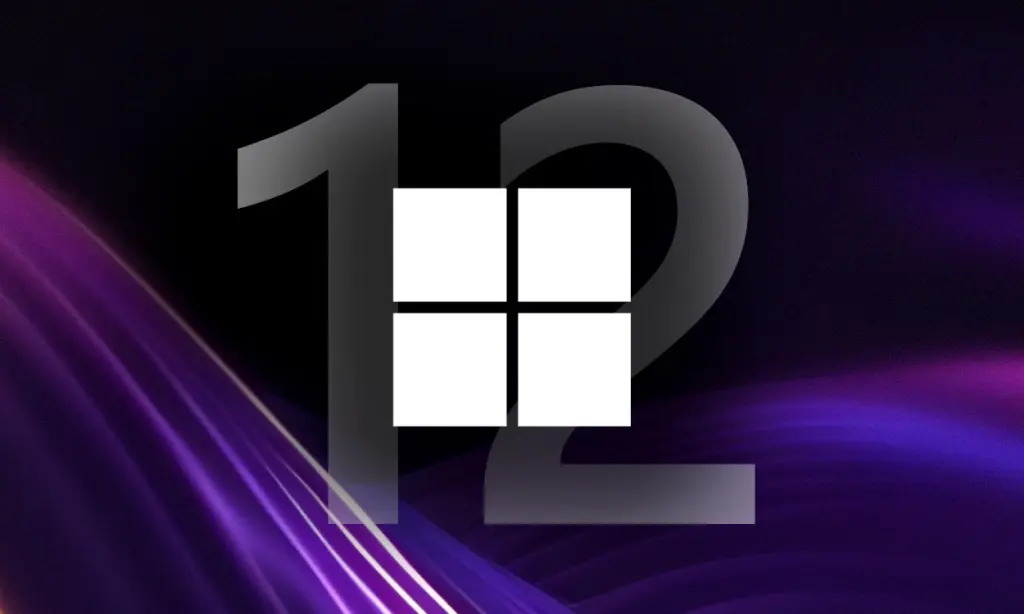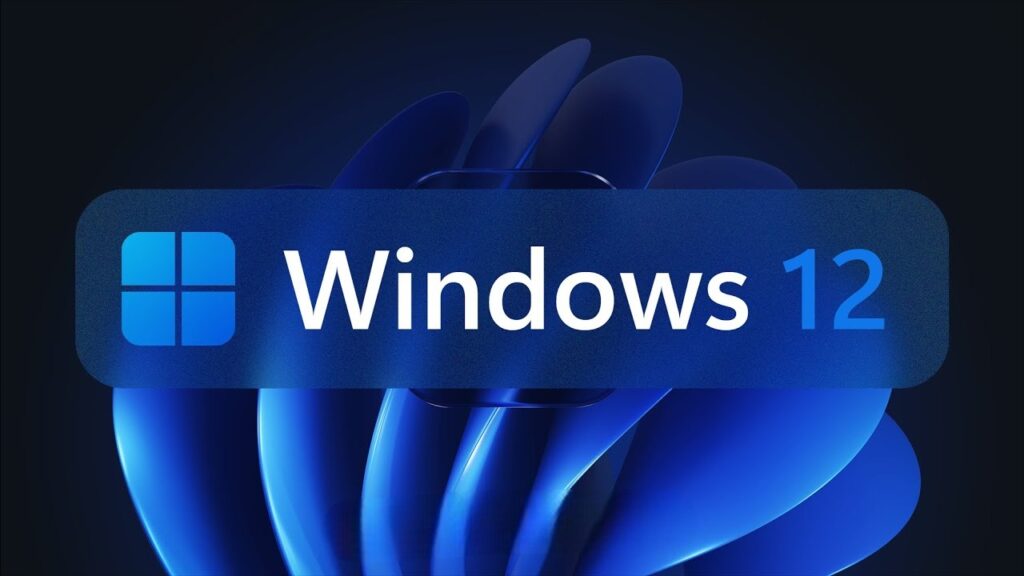Embark on an exhilarating glimpse into the future as we traverse deeper into the year 2024. The highly anticipated release of the next-generation Windows is on the horizon, and exciting revelations about its features are starting to emerge. Let’s delve into the hardware specifications that promise to redefine the standard for AI-powered PCs.
According to the insights from Trendforce, a reputable research firm, Microsoft is set to establish a groundbreaking benchmark for AI-powered computers. These futuristic devices are poised to leverage the extraordinary capabilities of artificial intelligence. Trendforce indicates that the forthcoming Windows, scheduled for the second half of 2024, will require a minimum of 16GB of RAM for optimal performance.
Adding to the excitement, Tom’s Hardware asserts that AI PCs should not only feature 16GB of RAM but also boast a minimum of 40 TOPS (a performance metric) to ensure swift on-device performance, earning them the coveted “AI PC” designation.

While we await official confirmation from Microsoft about the mysterious Windows ’12,’ there are still uncertainties lingering. Will Microsoft restrict devices with less than 8GB of RAM from updating to the new Windows? Is the 16GB RAM requirement exclusively for AI-powered experiences on new devices equipped with Windows ’12’ right out of the box? Notably, Windows 11 does not install on systems with less than 4GB of RAM, at least without modifications.

Regarding specific hardware requirements, rumors are circulating, but it is reasonable to anticipate that certain upcoming features will necessitate dedicated hardware and neural processing units integrated into the latest chips from Intel, Qualcomm, and AMD.
An interesting point to note is that, as of now, Intel is the only company whose chips fall short of the rumored 40 TOPS requirement, currently achieving only 34 TOPS with Meteor Lake. However, Intel anticipates that their next-generation processors will triple that value. Speculation also surrounds AMD’s Ryzen 8000 processors and Qualcomm’s Snapdragon X Elite platform, both expected to reach the 45 TOPS mark. On the software front, users are abuzz about the potential requirements of the recently announced Copilot Pro, a $20/month subscription.

Microsoft is still contemplating the name for its next-generation Windows. Given the report of 16GB of RAM becoming the standard for AI PCs, sticking with the Windows 11 brand appears logical. Existing PCs can continue to receive updates and new features, even those with 8GB or less, while newer, more powerful hardware enhances the software experience—a concept reminiscent of Microsoft’s evolution, echoing back to the days of Windows Vista and its demanding Aero theme.
While certain details remain elusive, one thing is evident: the next-generation Windows craves more power to unlock its features. In contrast to the abstract security improvements of Windows 11 in 2021, this time around, it’s simpler to convey to customers that new features simply demand more computing power—a clear evolution in Microsoft’s approach over the years.